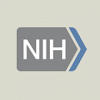Open Repositories 2024 Conference Session
Wednesday, June 5, 2024
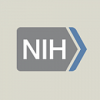
Wednesday, June 5, 2024

Thursday, May 23, 2024
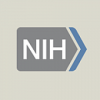
Monday, May 20, 2024
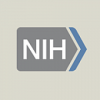
Friday, May 17, 2024
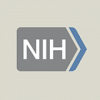
Wednesday, May 15, 2024
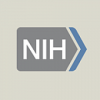
View NIH Library Webinar - Data Sharing: Generalist Repository Ecosystem Initiative (for NIH staff only)
Tuesday, April 30, 2024
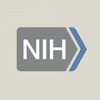
Friday, March 22, 2024
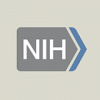
Wednesday, March 13, 2024
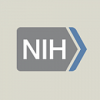
Tuesday, March 5, 2024
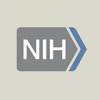
Thursday, February 29, 2024
